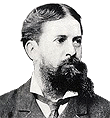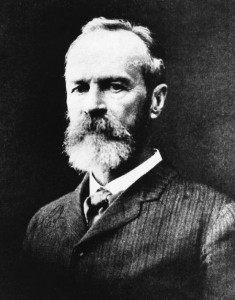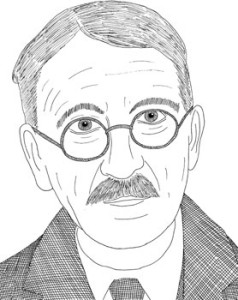Pragmatism is a practical view of philosophy. Pragmatists view the truthfulness of an idea in terms of its usefulness in real life. This school was the first major movement in Philosophy to come from North America.
Peirce invented the term “pragmatism”. He meant to be a method to clarify the relationship between thought and action. According to Peirce, ideas that have no concrete value in everyday experience are meaningless.
James was very influenced by Peirce. He turned pragmatism from a general theory of meaning to a down-to -earth practical philosophy. He thoughts the truth of an idea lay in its “cash value”, meaning that it is truthful if it is useful. James’ pragmatism was subjective that he recognized that the same idea could be useful to one person and not another. Although Peirce admired how James had turned his abstract theory into a full-blown philosophy, he tried to separate his rational theory by renaming it pragmat-ic-ism. Peirce said that this word was “ugly” enough to be safe from kidnappers.
Dewey‘s main influence were William James and the naturalist Charles Darwin — who published his theory of evolution in the year Dewey was born. Darwin’s work made Dewey view consciousness as part of nature rather than an aloof faculty. Dewey saw the mind as problem-solving tool that continually adapts to the environment in the same way that creatures evolve different characteristics.
Dewey thought that as an organism became more complicated, so did its capacity to deal with its environment. First of all there is distinctive behaviour. Later, habits develop. When habits fail to deal properly with situations, then an organism develops the ability to reason, or to think what to do. Dewey maintained that all thoughts are just ideas for action. This way an organism gains knowledge about the world.



